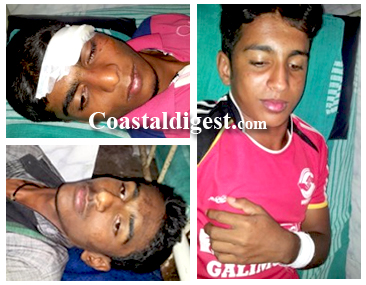Puttur, Feb 18: The intermittent group clashes between two Sunni students' groups spilt over to Puttur with both organisations accusing members of the other of assaulting them at a masjid in Kedila village, Puttur taluk.
Three of the injured have been identified as Sahul Hameed (29), Shimshar (18) and Shabeed (18). They are undergoing treatment at a private hospital at Puttur.
The incident was reported near the Galimukha mosque on February 16, Sunday.
Around 7.30 p.m., members of the Sunni Students' Federation (SSF) and Samastha Kerala Sunni Students Federation (SKSSF) got into a fist fight in the premises of the BTA Masjid, said the Puttur Town Police.
Both groups have lodged cases against each other. Several SKSSF workers were also injured and are admitted to different hospitals.
The tension stems from an SKSSF conference a week ago in Sullia, where a speaker had alleged that SSF had misappropriated Rs. 40 crore in collections.






Comments
Invaluable discussion for what it is worth, if anyone is wanting to merge two PDF files, we stumbled across article
Add new comment